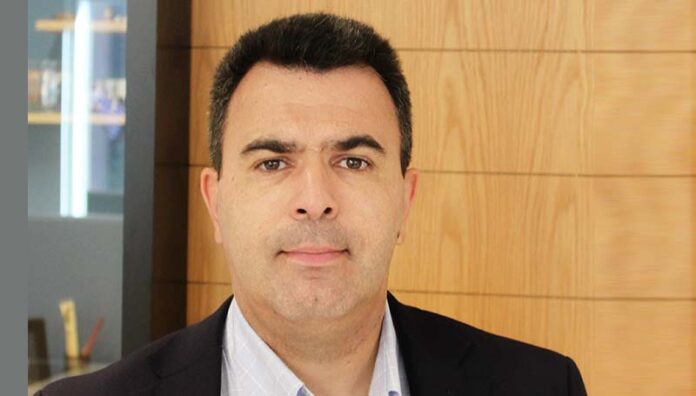Sri Lanka’s apparel industry has long been held up as a leader in ethical manufacturing, and that reputation has been further validated by a strong endorsement from Avedis Seferian, President and CEO of Worldwide Responsible Accredited Production (WRAP). In a recent discussion with the Joint Apparel Association Forum (JAAF), Seferian emphasized how independent certification has become central to building trust and credibility in global supply chains.
“Independent, third-party certification is no longer a ‘nice to have’ — it’s a necessity,” Seferian explained. “Brands can’t afford to check their own homework anymore. They need verifiable proof that their partners are operating ethically and sustainably — and that’s exactly what WRAP provides.”
Seferian pointed out that WRAP’s globally recognized certification process offers distinct advantages over buyer-led audits, which often lead to duplicated efforts and audit fatigue. Independent programs like WRAP introduce a consistent and credible framework that not only streamlines compliance but also reinforces a factory’s commitment to responsible business practices — a growing priority among international buyers.
“WRAP certification goes beyond ticking boxes. It builds trust, opens doors, and helps factories stand out as reliable partners in a fast-changing sourcing landscape,” he added.
Sri Lanka has made steady and commendable progress in embedding Environmental, Social, and Governance (ESG) standards into its manufacturing culture. Seferian acknowledged this evolution, noting the industry’s longstanding focus on social compliance, worker wellbeing, and environmental stewardship.
“Sri Lanka isn’t starting from scratch — in fact, it started from an already exceptional position. What’s remarkable is how the industry has embedded these values into its DNA. Many factories here are among the cleanest and most socially conscious I’ve seen globally,” he said.
He particularly applauded the sector’s focus on empowering employees, especially women, and its efforts to go beyond basic legal requirements to foster more equitable workplaces. With labour law reforms on the horizon, Seferian emphasized that WRAP is well-positioned to support factories through the transition.
“Our certification process evolves with local legislation. We’re not just checking for compliance — we’re helping factories build systems that are resilient and adaptable,” he explained. “That’s essential in a global market where expectations are rising and regulations are tightening.”
Looking ahead to 2025, WRAP is expanding its global footprint — with Sri Lanka playing a key role in its efforts to promote responsible sourcing. The organisation plans to showcase the country’s progress at international sustainability forums, while strengthening collaboration with JAAF and local manufacturers to scale up training and certification programs.
“Sri Lanka has a great story to tell, and we want to help share that story with the world,” Seferian said. “From worker empowerment to environmental leadership, this industry is a model for others.”
WRAP’s 2025 strategy also includes the rollout of region-specific guidelines designed to help manufacturers stay aligned with evolving labour standards and sustainability goals. Capacity-building workshops and leadership training initiatives will support both factory management and workers in embedding the latest ethical production practices.
“We’re not just certifying factories — we’re helping shape the future of responsible manufacturing,” Seferian noted. “Our goal is to build lasting capabilities, not just meet short-term checklists.”
As global supply chains grow more complex and consumer expectations continue to rise, the value of independent, credible certification will only increase. Sri Lanka’s ongoing commitment to these principles — backed by industry leadership through JAAF and supported by WRAP — ensures it remains a highly attractive destination for global brands prioritising ethics, accountability, and long-term partnerships.
“In today’s world, being compliant isn’t enough. You have to be credible, transparent, and committed to doing the right thing — every day,” Seferian concluded.


